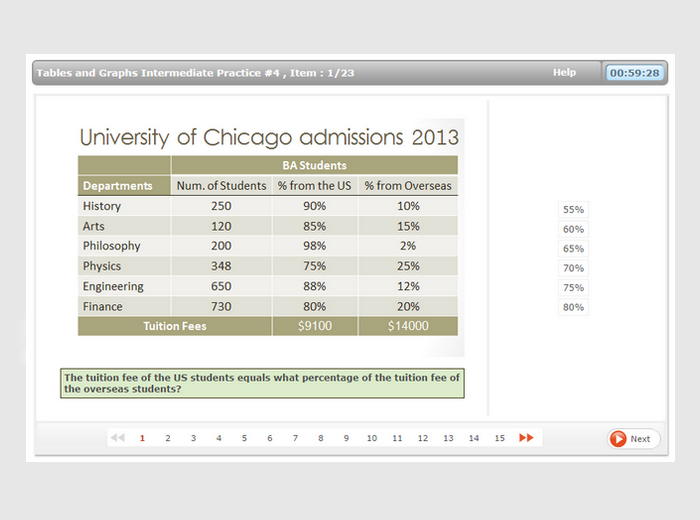NThis can only be a very general answer as I am in England, have lived in Pennsylvania and the laws/rules are different between countries and states. NYour driving instructor should be able to give you information on what you are likely to have to do in the theory test, and you ca n buy a book of questions and answers as you can for other tests/exams. NAs far as the practical exam goes there is nothing like getting behind the wheel of a car and just doing it. NAs I said this is very general, here in the UK you can practise in the family car and don't have to have professional lessons then you take your test on the road. In PA you take your test on a designated course, and I know that in some states you can only take lessons from a registered instructor.
You just have to work out what works where you are. NYou may also be able to buy a CD-rom/DVD or similar to help you. A millwright designs, builds, or repairs mills or mill machinery.
A millwright is sort of a super handyman who works in industry. Anelder millwright has many years of experience in several indu strialdiciplines.
For example, he/she may be skilled/qualified/licencedin mechanical, electrical, machinery, robotics, heating,ventillating, cooling, refrigeration, etc. If licensed in severalof these diciplines, he/she may manage the entire facilitiesmantainence crew for a large industrial complex.j3h. A millwright is a person that performs installations of and repairsindustrial machines for manufacturing and machinist shops. Theperson has the authority to decide where to place the machine andoversees the installation process.

NCCER is a not-for-profit 501(c)(3) education foundation created in 1996 as The National Center for Construction Education and Research. NCCER develops standardized construction and maintenance curricula and assessments with portable credentials.
These credentials are tracked through NCCER's Natio nal Registry which allows organizations and companies to track the qualifications of their craft professionals and/or check the qualifications of possible new hires. The National Registry also assists craft professionals by maintaining their records in a secure database.
This exceptionally produced trainee guide features a highly illustrated design, technical hints and tips from industry experts, review questions and a whole lot more! Key content includes Intermediate Trade Math, Field Sketching, Intermediate Blueprint Reading, Specialty Tools, Millwright Power Tools, Rigging, Setting Baseplates and Soleplates, Lubrication and Introduction to Bearings. Instructor Supplements Instructors: Product supplements may be ordered directly through OASIS at. For more information contact your Pearson NCCER/Contren Sales Specialist at. Table of Contents (Total Level Hours: 150) 15201-07 Intermediate Trade Math (20 Hours) Explains ratios and proportions. Covers basic algebra, area, volume, circumference, and circular speed problems. Describes how to use a scientific calculator.
Free Nccer Millwright Practice Test
15202-07 Field Sketching (10 Hours) Teaches the basic skills needed to create the field sketches used to convey information about how parts should be made or assembled. 15203-07 Intermediate Blueprint Reading (20 Hours) Describes the orthographic projection, isometric, and schematic drawings used to show piping, hydraulic, and pneumatic systems. 15204-07 Specialty Tools (10 Hours) Explains how to select, inspect, use, and maintain torque multipliers, cable cutters, nut splitters, keyseat rugauges, and hardness testers. 15205-07 Millwright Power Tools (20 Hours) Introduces different types of millwright power tools and provides step-by-step procedures for selecting, using, and maintaining these tools. 15206-07 Rigging (20 Hours) Explains how to identify, select, and inspect rigging hardware. Also covers lifting capacity charts, load balancing, and pick points.
15207-07 Setting Baseplates and Soleplates (15 Hours) Explains how to lay out and install baseplates and soleplates. Describes how to field-verify a plate installation. 15208-07 Lubrication (20 Hours) Explains lubrication safety, storage, and classifications. Covers lubricant and additive selection, lubrication equipment, and lubricating charts.
Millwright Test Download Free
15209-07 Introduction to Bearings (15 Hours) Introduces the trainee to plain, ball, roller, thrust, guide, flanged, pillow block, and takeup bearings. Discusses bearing materials and designations.